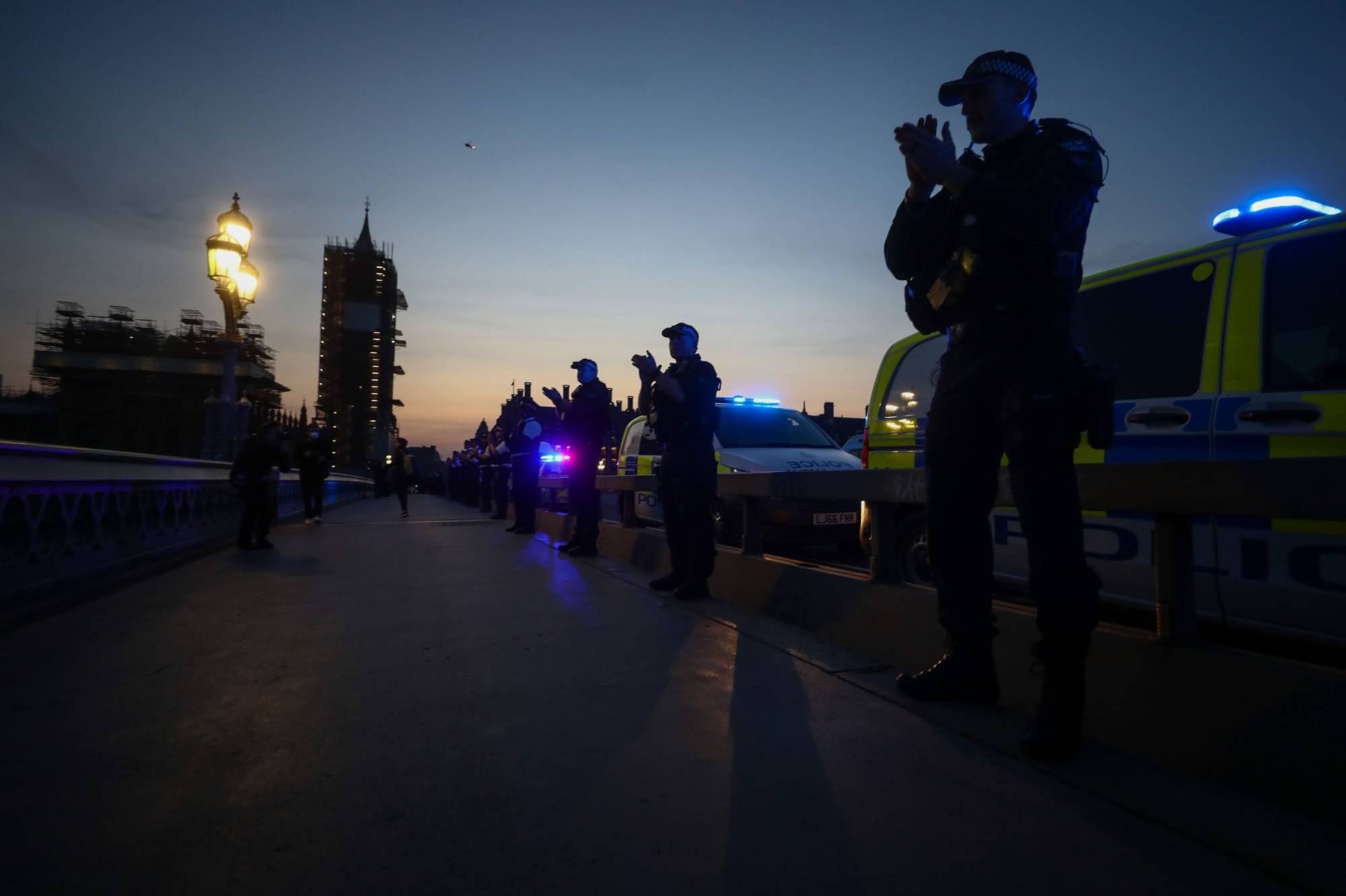“It’s hard to find the words to express my debt,” the ordinarily garrulous British Prime Minister Boris Johnson said as he emerged from a close encounter with death last month. His main debt, Johnson added, was to two nurses, “Jenny from New Zealand” and “Luis from Portugal,” who stayed at his bedside for 48 hours in an intensive care unit.
In recent weeks, doctors, nurses and care workers for the British National Health Service have garnered the kind of heartfelt respect and gratitude that New York City firefighters elicited after 9/11. In particular, immigrants, who are disproportionately represented among Britain’s caregivers, janitors, pharmacists, grocery employees, truck drivers, plumbers and electricians, mass transit operators, and teachers, are presently being hailed for their gritty sense of duty, for standing between many people and premature death.
Johnson was clearly trying to connect to this public mood. His New Zealander and Portuguese nurses are two of the tens of thousands of immigrants who serve in the NHS and who are also most exposed to the virus: The first 10 NHS doctors to die from the virus originally came from Bangladesh, Egypt, India, Nigeria, Pakistan, Sri Lanka, Syria and Sudan.

















With your current subscription plan you can comment on stories. However, before writing your first comment, please create a display name in the Profile section of your subscriber account page.